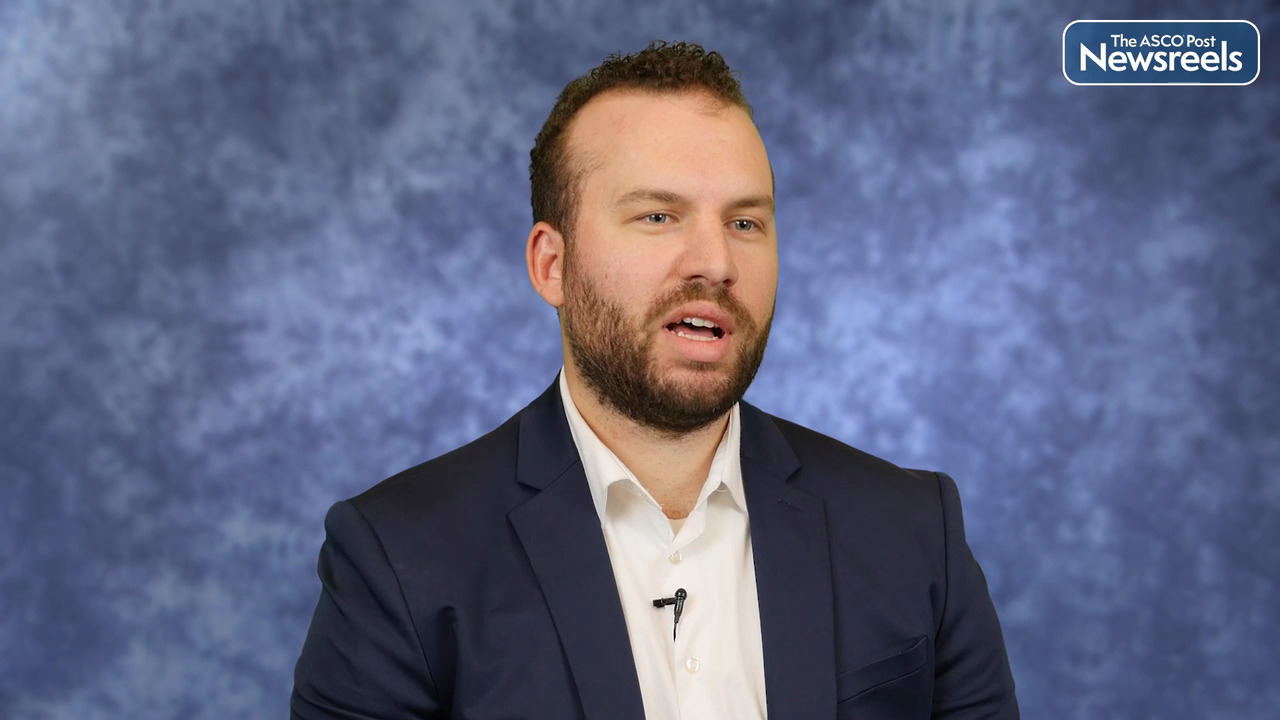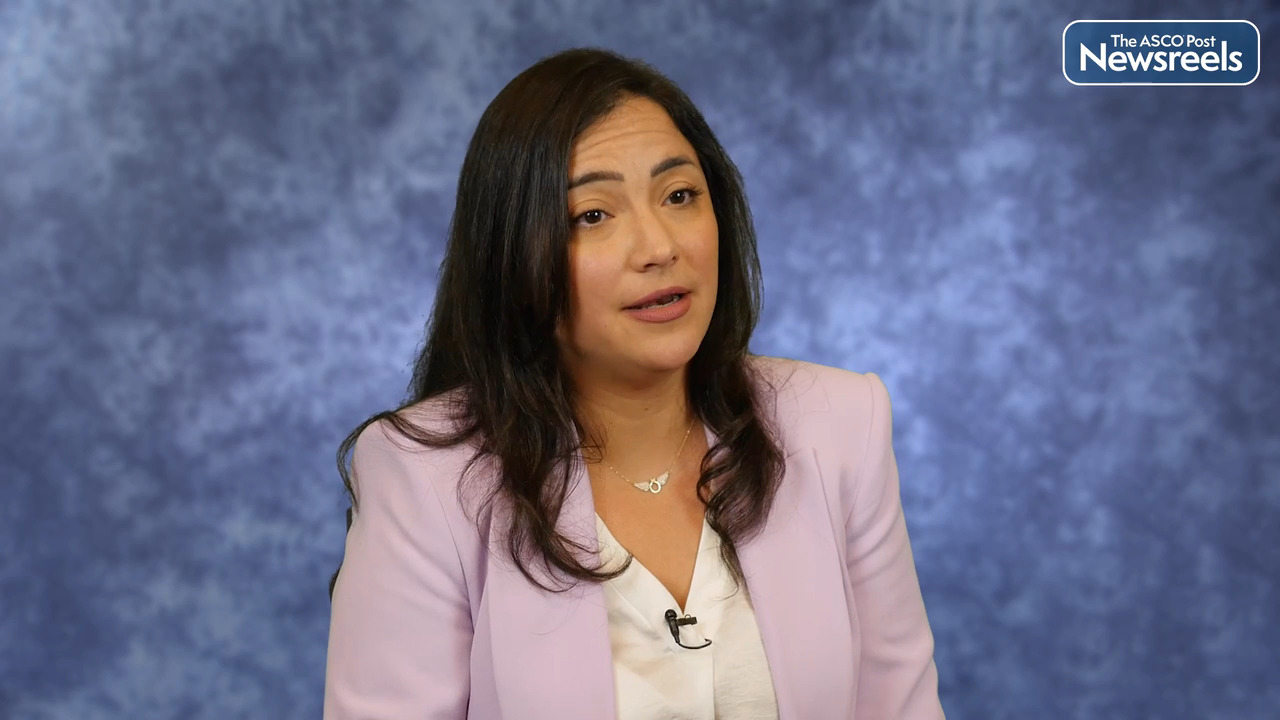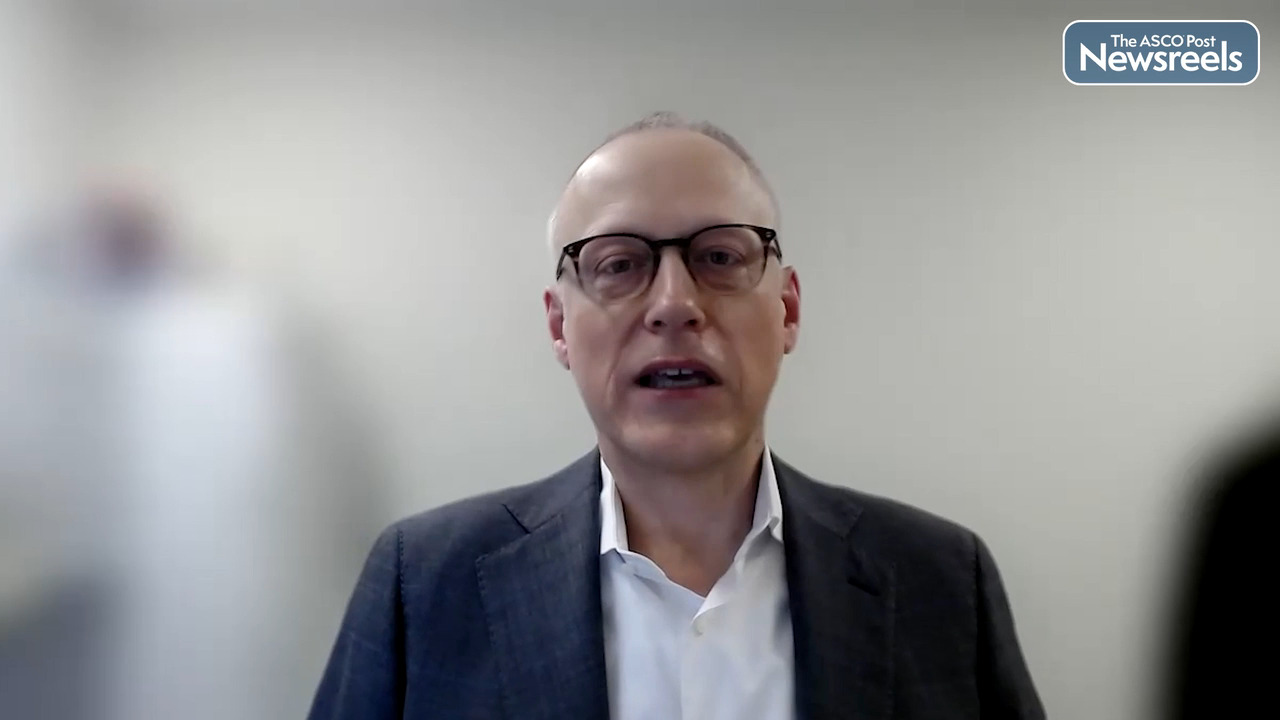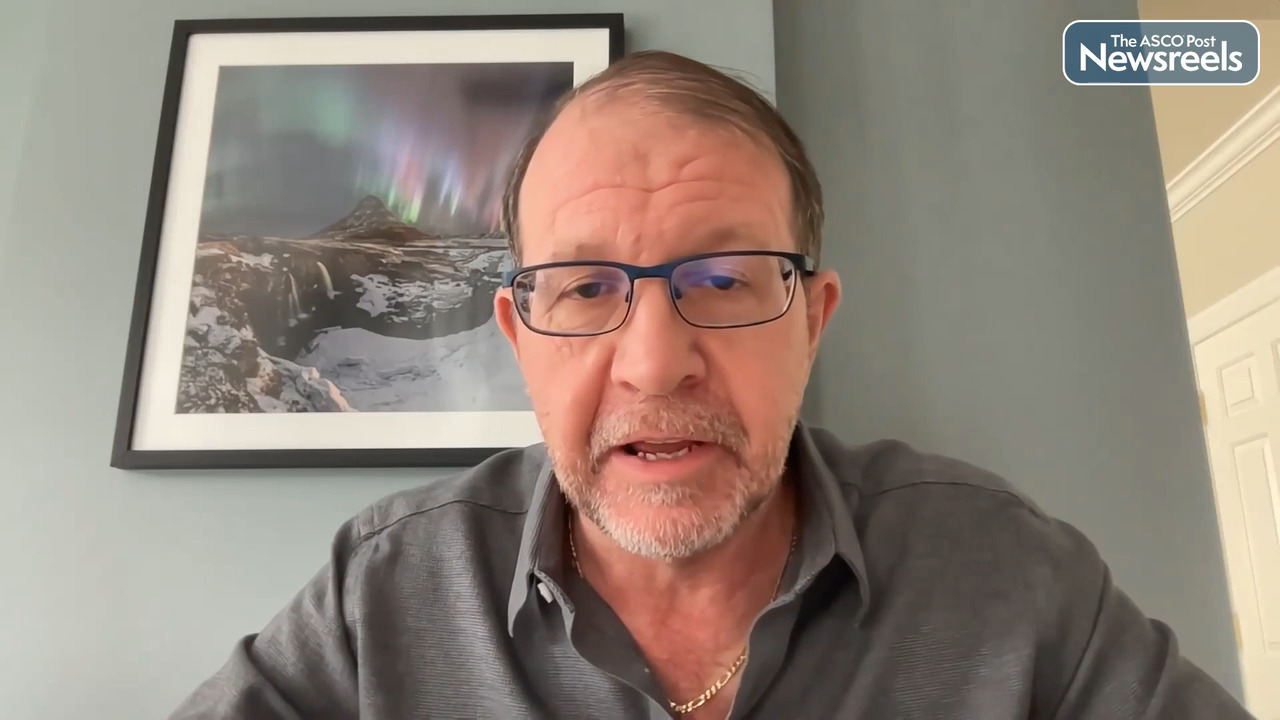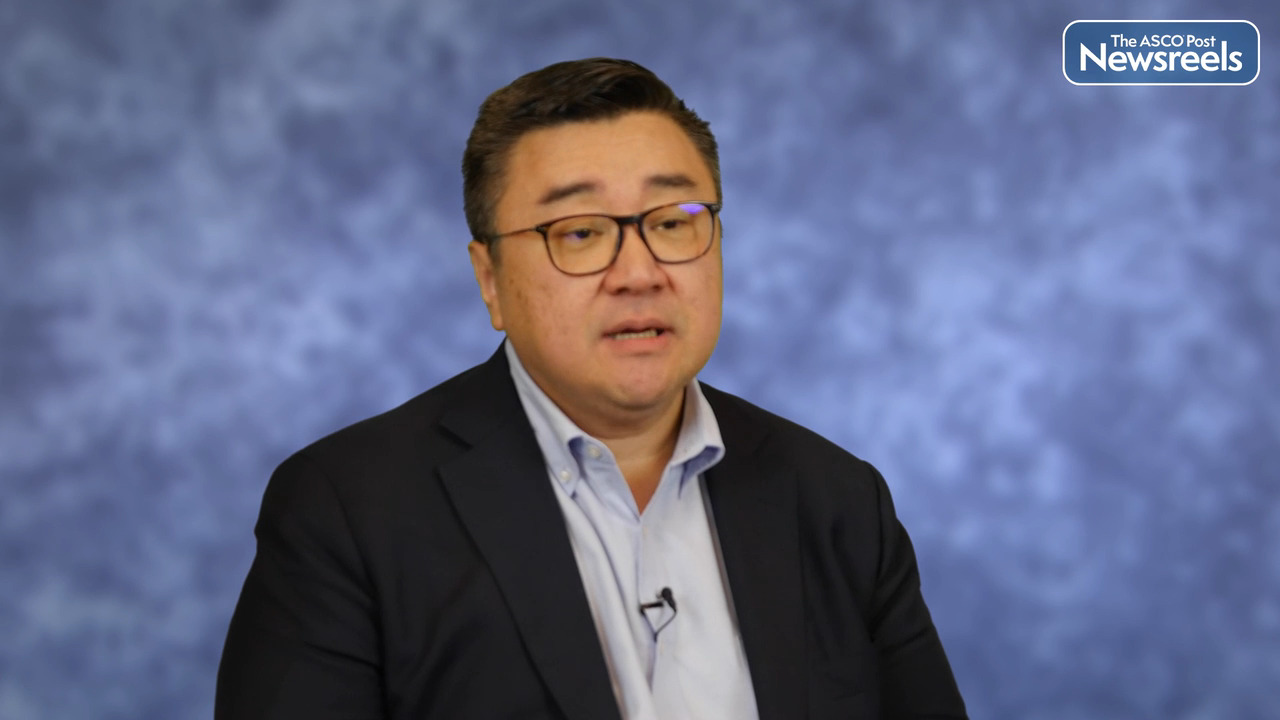Transcript
Disclaimer: This video transcript has not been proofread or edited and may contain errors.
There is a severe underrepresentation of black patients in particular in cancer clinical trials. And why that's important is because not only does it reduce their ability to access new cancer treatments that potentially could be lifesaving, but it actually slows down research, the discovery of new cancer treatments for all of us if we are just focused on one part of our population. And so it's a problem that we all should care deeply about. And second, the research that emanates from a clinical trial that is focused on a homogeneous population may not apply to all populations. And so what we call this generalizability issue of research that's focused on homogeneous populations. And unfortunately, as important as those points are, we still haven't made much progress.
A recent study showed that of all the FDA approvals for oncology drugs, the proportion of black patients that participate in them has risen a tiny amount up to 5% in 2020. And as we know, the population of black individuals in our society is about 14%. So they are not being well represented in these trials.
Some of the programs that help patients of diverse backgrounds engage with clinical trials starts with asking are they even able to access the sites where clinical trials are being offered? And if they're not able to access those sites for a variety of reasons such as the social determinants of health, then they won't be able to have the opportunity to participate in these trials. And so a lot of what I've done is focus on that part of the problem, the what I call the initial part of the problem or the community to door gap by engaging diverse populations in cancer research and in eliminating some of these barriers. So how do we do that?
In our region, Philadelphia of the Abramson Cancer Center, we've been developing partnerships with faith-based leaders. And so we have a whole network of faith-based leaders that serve the black community. And so partnering with them on educational programs and then addressing the social determinants of health. Do they have barriers to transportation? Do they have insurance barriers? And focusing on eliminating those barriers. Language barriers often come up as well. In fact, there was a study that looked at all the cancer trials on clinicaltrials.gov, and 20% of them actually have on their eligibility criteria must speak English. And so because one in five trials has that criteria, developing and expanded access to multiple interpreter languages has been another strategy that we've used.
And finally, I'll just add that another barrier is the out-of-pocket costs, the things that are not covered by the insurance, such as travel, parking, tolls, gas, airline ticket, if you need to fly in from an outer part that's not nearby. And so we've developed also a reimbursement program to help defray some of those out-of-pocket costs.
So taken together, addressing the social determinants of health and developing partnerships with our community organizations has helped to close the gap between the community and the door. And now at the door, we can begin to offer cancer clinical trials. Institutional programs have been an important strategy because even if we get patients to the door, we know that there are other barriers that get in the way of them participating in cancer clinical trials. And one of those is unconscious bias. It's real and it's pervasive in our healthcare system. As much as we recognize that we shouldn't treat people in a biased way, and it's a very subtle unconscious bias. It's not looking at people's language or color of their skin or gender and discriminating against. It's actually more assumptions that we make about patients. Such as he lives by himself and offering a clinical trial will burden him further.
And then we tend to rationalize those decisions in our mind that that patient is probably not a candidate for a clinical trial. But we never took the time to ask. And so working with the ASCO and ACCC National Societies, we've developed the first unconscious bias training for cancer research teams, and it's called Just Ask. The second project we created is a site self-assessment tool so that cancer research sites that want to excel in enrolling diverse patients can take a look at their own practices and policies and procedures to determine where there's room and opportunities for improving the enrollment of diverse patients on trial. Looking into the future, there's an opportunity to continue to make progress on this issue. And actually the progress is always incremental when you're dealing with a very complex problem such as disparities. And so we've been chipping away with community outreach and engagement, but then looking at the institutional things that we can do.
But looking ahead, I think there's a lot of room for us to look at policies at a national level that can enhance enrollment in cancer clinical trials, including policies that perhaps require us to not only assess the race and ethnicity of our patients on trials and report that, but also provide real strategies to enhance diversity on clinical trials, as well as policies that allow for reimbursement of out-of-pocket costs. Because right now it's a patchwork of state laws that have allowed for this. And so I think we can be more efficient in the future by creating national policies that help support enrollment of diverse patients on trials.
